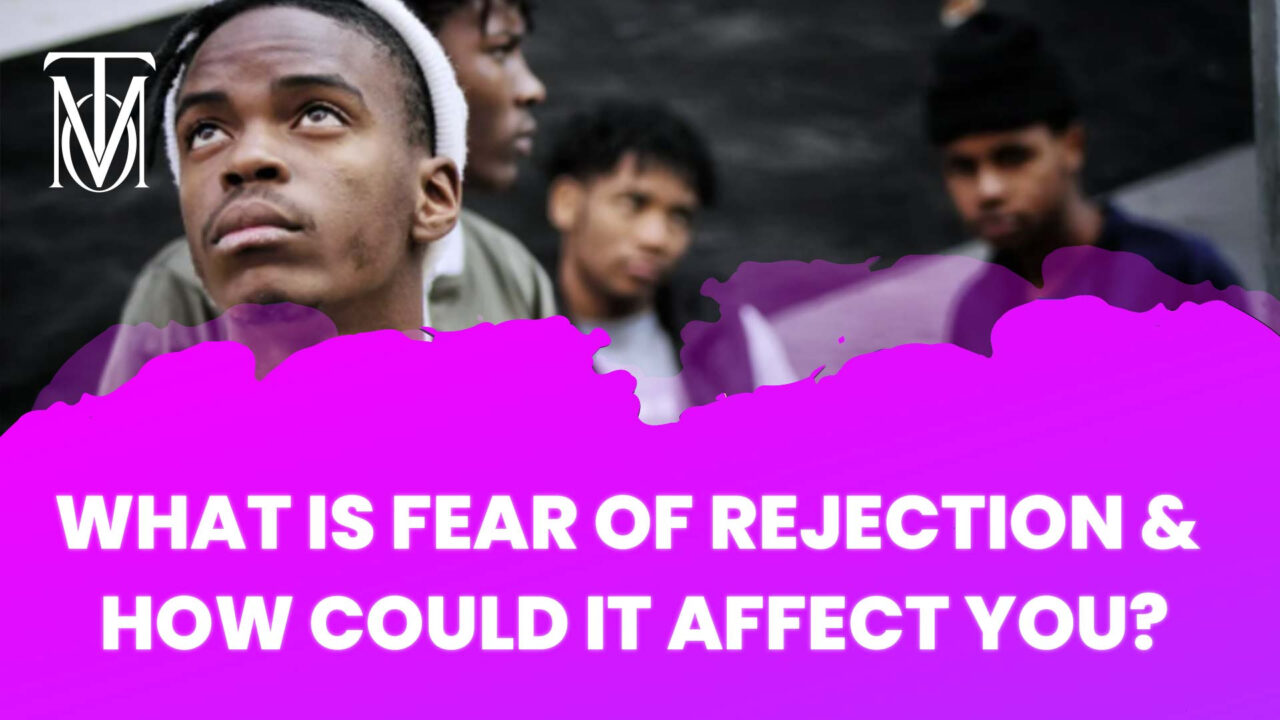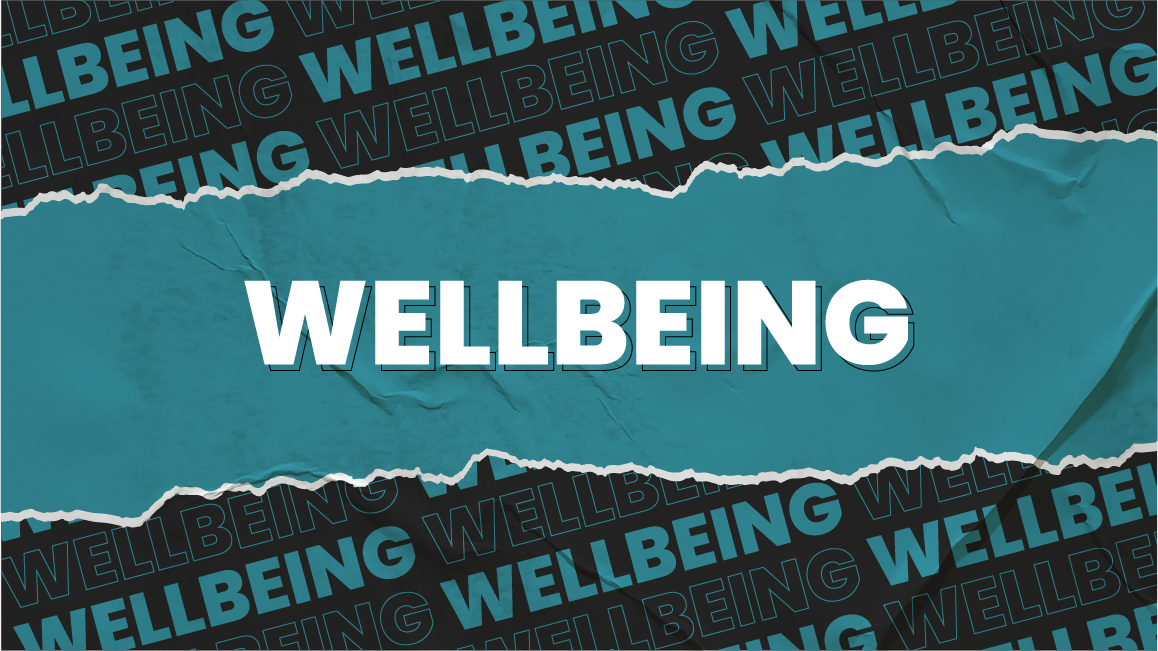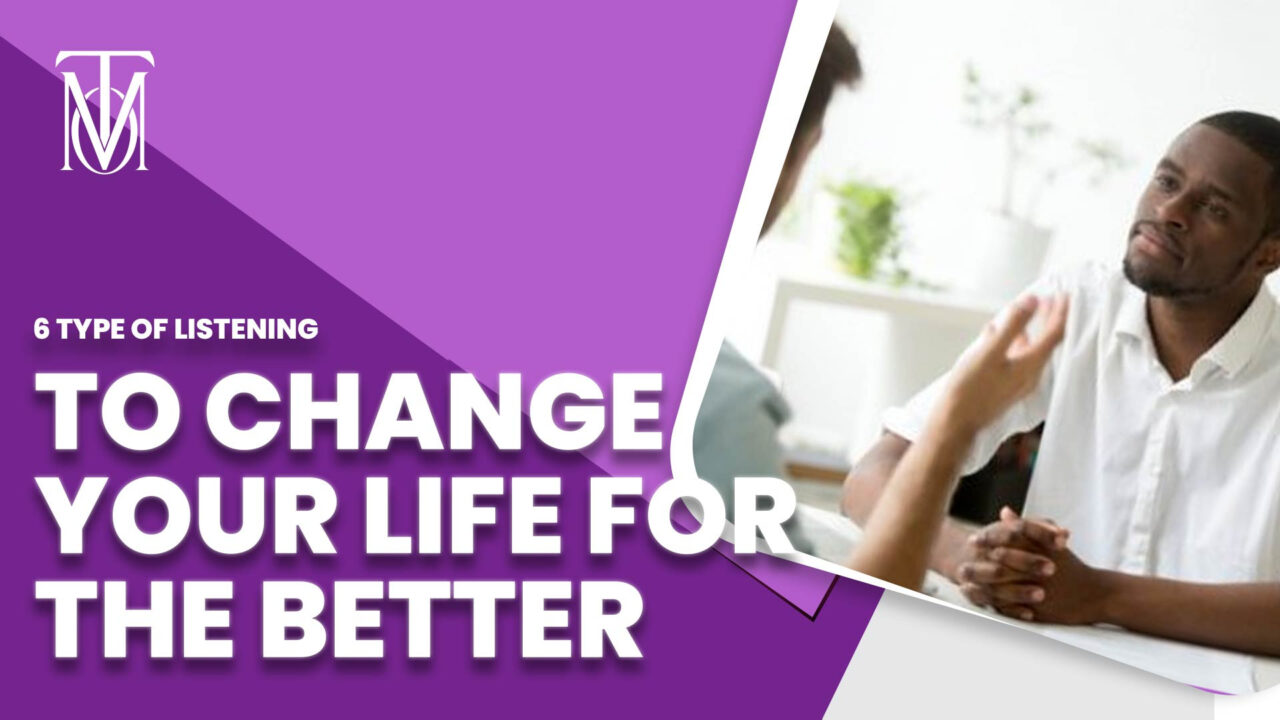Fear of rejection is a powerful fear that often has a huge impact on our lives. Most people feel nervous when they’re in situations that could lead to rejection, but for some, the fear becomes unbearable.
There may be many reasons behind this fear. Untreated fear of rejection can worsen over time and lead to increasing limitations in one’s life.
Things like job interviews, business dealings, meeting new people, dating, marriage, and peer relationships are all affected by low self-esteem.
This article is about the fear of rejection, including how it can affect your life and behavior.
What Causes A Fear Of Rejection?
The fear of rejection is called Anthropophobia, or the fear of not being accepted by the people around you.
You may be afraid that people will not acknowledge your appearance, mannerisms, manner of speaking, or even your presence.
There is somewhat of a self-fulfilling prophecy with this as well.
Some of the common signs and symptoms of fear of rejection include:
- difficulty saying “no”
- Taking on too many “missions”
- Refusing to ask what you want and need
- Postponing projects or working inefficiently
- being very sensitive to criticism
- Difficulty making new friends
- Being reluctant to engage and maintain a relationship
- Working hard to please others
- blaming yourself when things go wrong
- Staying in an unhealthy relationship
- Hiding your true self from others
Why Do You Fear Rejection?
It is perfectly natural to fear rejection. Our need to belong and be accepted has its roots in human evolution.
Thousands of years ago, an entire village had to work together to survive in harsh conditions. People had to be part of a tribe to survive. If a person is socially rejected or expelled from the village, he dies alone in the wild.
Even though we no longer live in dangerous environments, our minds still ‘fear’ death through the fear of rejection.
The truth is rejection won’t kill us in our time. However, it can still reveal emotions associated with fear of death.
If you’ve accidentally touched a boiling kettle, you’ll probably never make the same mistake again. From an early age, we learn to avoid pain in order to survive.
For every painful experience, our mind remembers the pain and raises the alarm when faced with a similar situation. The next time you see a kettle, your brain will tell you, “Don’t touch that boiling kettle.”
Similar to avoiding physical pain, people will do whatever it takes to avoid the emotional pain associated with rejection.
In the context of potentially fearing rejection, we don’t want to risk our “life” being rejected by others because we are unsure of what people think of us.
If we are convinced that we will not be rejected, we will probably be brave enough to take action.
How Do I Get Over My Fear Of Rejection?
1. Turning Rejection Into Opportunities
For every rejection you encounter, there is always a different opportunity that you don’t know yet.
Whether you are rejected by an interviewer or a lover, a new door opens for you at the same time and leads you to other opportunities.
When faced with rejection, say, “I am not rejected, I am being led to something greater.”
2. Speak Like A Friend

Don’t beat yourself up when things don’t go your way. Treat yourself better and shower yourself with compliments as if you were cheering on a dear friend.
Instead of letting negative self-talk happen, talk to yourself using more compassionate and affirming messages like “I have what I need to get through this” or “I’m stronger than I thought”.
Self-acceptance goes a long way when talking to yourself as a friend.
3. Don’t Let Rejection Define You
Being rejected doesn’t mean you’ve failed. If a company turns you down, don’t think you’re incompetent. If someone rejects you, don’t think you’re unlovable.
Other people’s opinions and events do not define you. The only person who can define you is you alone. An effective way to do this is to praise yourself every day and increase your self-confidence.
The higher your self-esteem, the more resilience you will develop in the face of rejection.
Overcome Fear Of Rejection and Don’t Avoid Rejection
Improve your self-regulation skills, face your fears, and cultivate resilience.
Taking steps to overcome your fear of rejection can help minimize its detrimental effect on your life.
Learning to manage your emotions, taking steps to face your fears, and developing a strong sense of resilience can help you better tolerate the fear of rejection.












